To provide the best experiences, we use technologies like cookies to store and/or access device information. Consenting to these technologies will allow us to process data such as browsing behaviour or unique IDs on this site. Not consenting or withdrawing consent, may adversely affect certain features and functions.
The technical storage or access is strictly necessary for the legitimate purpose of enabling the use of a specific service explicitly requested by the subscriber or user, or for the sole purpose of carrying out the transmission of a communication over an electronic communications network.
The technical storage or access is necessary for the legitimate purpose of storing preferences that are not requested by the subscriber or user.
The technical storage or access that is used exclusively for statistical purposes.
The technical storage or access that is used exclusively for anonymous statistical purposes. Without a subpoena, voluntary compliance on the part of your Internet Service Provider, or additional records from a third party, information stored or retrieved for this purpose alone cannot usually be used to identify you.
The technical storage or access is required to create user profiles to send advertising, or to track the user on a website or across several websites for similar marketing purposes.
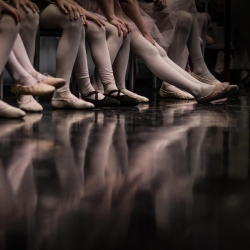 Jennifer was at the ballet the other day, watching Acosta Danza, and there was a dance with ropes. In the movement of the relationship of the dancers, the mood, the emotion were all defined using the rope. It was very beautiful. Then towards the end the ropes were taken away and everything changed – the performers were liberated, unconstrained. At first like a frenzy, but then the dancers started to gel together letting go of the need for the rope. And this got her thinking about the role of constraint in leading change, especially in the new era of hybrid working. (more…)
Jennifer was at the ballet the other day, watching Acosta Danza, and there was a dance with ropes. In the movement of the relationship of the dancers, the mood, the emotion were all defined using the rope. It was very beautiful. Then towards the end the ropes were taken away and everything changed – the performers were liberated, unconstrained. At first like a frenzy, but then the dancers started to gel together letting go of the need for the rope. And this got her thinking about the role of constraint in leading change, especially in the new era of hybrid working. (more…)




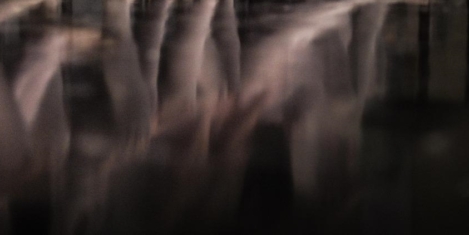

 There’s a scene in the 1986 horror movie The Fly in which Seth Brundle (Jeff Goldblum) persuades the reporter Veronica Quaife (Geena Davis) to try two steaks, one of which Brundle has just sent between two teleportation pods in an effort to work out why the pods can’t process organic matter, including the organic matter that had recently belonged to a very unfortunate baboon.
There’s a scene in the 1986 horror movie The Fly in which Seth Brundle (Jeff Goldblum) persuades the reporter Veronica Quaife (Geena Davis) to try two steaks, one of which Brundle has just sent between two teleportation pods in an effort to work out why the pods can’t process organic matter, including the organic matter that had recently belonged to a very unfortunate baboon. 

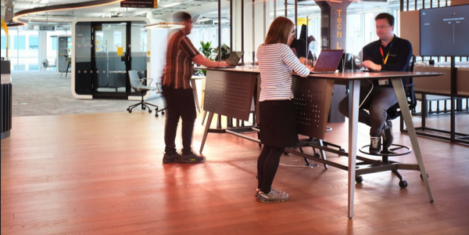
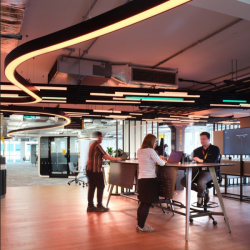









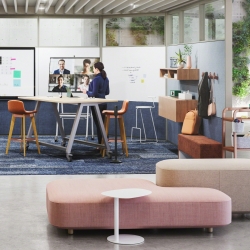





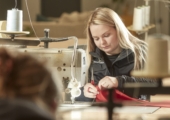


April 25, 2022
The studied carelessness of agile workplaces
by Mark Eltringham • Comment, Workplace design